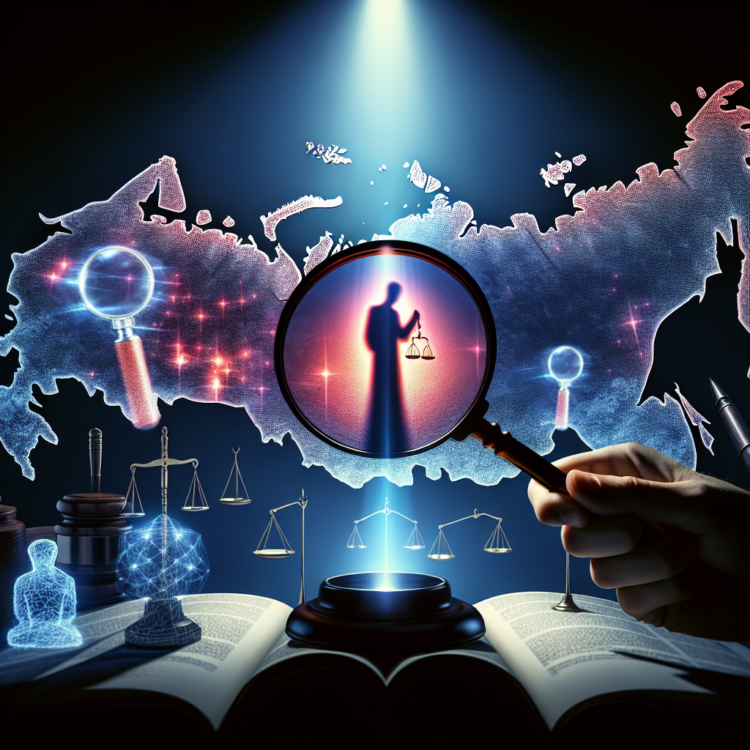New Edith Cowan University (ECU) research has questioned the legality of Russia’s decision to label and prosecute foreign fighters that have been enlisted into the Ukrainian International Legion of Territorial Defence (ILTG), as mercenaries.
New Edith Cowan University (ECU) research has questioned the legality of Russia’s decision to label and prosecute foreign fighters that have been enlisted into the Ukrainian International Legion of Territorial Defence (ILTG), as mercenaries.
In June Russia sentenced in absentia five foreign nationals to prison terms of up to 23 years for joining Ukraine’s armed forces fighting against the ongoing invasion. The soldiers, from Sweden, Croatia and the UK, were tried on allegations of “attempting to change the constitutional order of Russia” and “participating in the war as mercenaries”.
The classification of these soldiers as mercenaries is in the spotlight with ECU Associate Professor Shannon Bosch’s most recent research finding that the term ‘mercenary’ should not be applied to these fighters, challenging the legality of Russia’s decision to classify and prosecute these individuals as such.
“The term mercenary is very evocative. It is headline grabbing and very Hollywood. However, there are six very specific requirements that would need to be fulfilled concurrently, in order for someone to be classified as a mercenary.
“Having enlisting in Ukraine’s volunteer battalions these foreign members of the Ukrainian ILTG are now fully incorporated as members of the armed forces of the State of Ukraine”. This automatically precludes them for satisfying one of the key requirements for a determination of mercenary status.
“Another condition for mercenary status also hinges on a motivation for private gain, and the United Nations Working Group on Mercenaries does not believe that these foreign nationals are motivated to join the Ukrainian resistance solely for a desire for private gain or material compensation,” said Bosch.
Russia in 2022 prosecuted three foreign fighters, two from the UK and one from Morocco, following their surrender to Russian forces. Following a three-day sham-trial conducted behind closed doors and before a Russian-proxy court in the Donetsk People’s Republic, all three men were sentenced to death.
The research found that their treatment, trial and sentences solicited wide-spread international condemnation, with the trial and process criticised as being staged in order to pressurise Western powers to advocate a prisoner exchange for captured Russian soldiers who were facing prosecution in Ukraine.
“The trial and prosecution of these men was likely also political manoeuvring to discourage other foreign fighters in taking part in this war,” said Bosch. It is estimated that some 20,000 foreign fighters, from 52 countries, have already been enlisted in the ILTG.
While the European Court of Human Rights issued an order for interim measures against Russia in order to protect the lives of these men, it was only an eleventh-hour prisoner exchange, mediated by Saudi Crown Prince Mohammed bin Salman, that saw the men sent back to their respective countries in late 2022, along with another seven foreign ILTG members.
“These men should never have been tried as mercenaries, as they cannot be classified as such.”
“Since Ukrainian domestic legislation allows foreigners to join the Armed Forces, these volunteers fall under its responsible command. This means that they fulfil the first of the conditions of combatant status.”
“If captured, this combatant status guarantees them prisoner of war status. With full combatant immunity and prisoner of war status, these foreign fighters cannot be subject to criminal prosecution for their mere participation in hostilities, provided they observe the laws of war,” Bosch added.
The United Nations has strongly condemned Russia’s attempts to initiate show prosecutions against foreign fighters. The act of denying these foreign fighters their full combatant immunity from prosecution, prisoner of war privileges and fair trial guarantees should attract the attention of the Prosecutor for the International Criminal Court.
The research was published in the Potchefstroom Electronic Law Journal.
– ends –
Media contact: Esmarie Iannucci, 08 6304 3080 or 0405 774 465
e.iannucci@ecu.edu.au
Journalists can subscribe to get the latest research news delivered to your inbox.
Journal
Potchefstroom Electronic Law Journal/Potchefstroomse Elektroniese Regsblad
Method of Research
Case study
Subject of Research
People
Article Title
Exploring the International Humanitarian Law Status of Foreign Fighters in the Ukrainian International Legion of Territorial Defence
COI Statement
None stated




